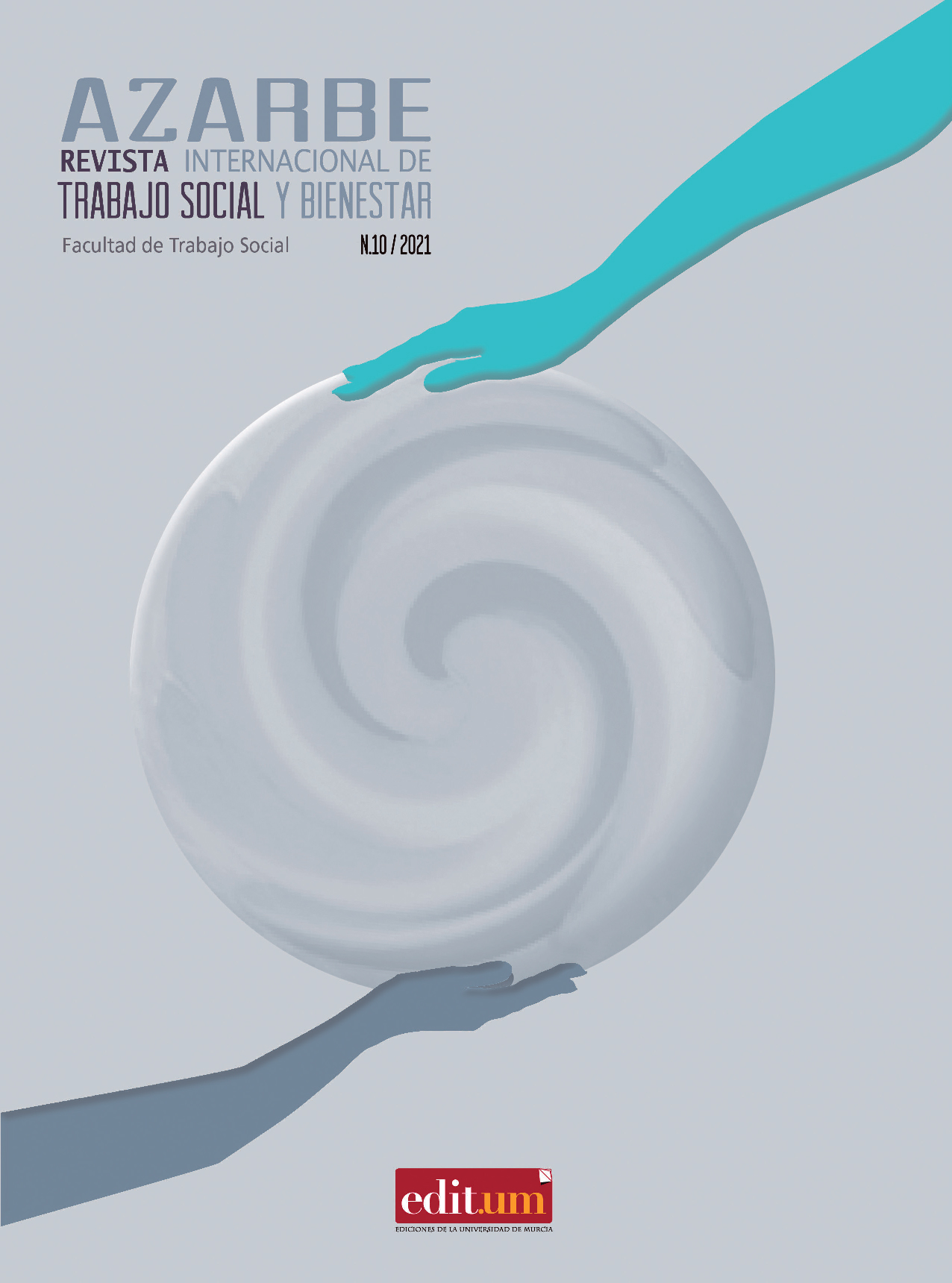Experiences of families in poverty in the south of Mérida, Yucatán. Exploring possibilities of social work in the neoliberal context
Supporting Agencies
- National Council for Science and Technology
Abstract
The main objective of this research was to analyze poverty from the experiences of two families from the Emiliano Zapata Sur II neighborhood of Mérida Yucatán, in order to contribute to the work of Social Work from a humanistic perspective. The analysis maintained a qualitative approach that was placed within an interpretive paradigm and was supported by a phenomenological method. Semi-structured interviews and participant observation were used to obtain the primary data for two years. Among the main results are that the heads of the family are those who alleviate poverty through their income and leadership. Likewise, there is a stigma on the colony that classifies it as “poor” that influences its condition. Similarly, despite the fact that the family is a system, each member experiences poverty in a particular way, requiring more or less resources and satisfiers. It is recommended for future research to take into consideration the “way of thinking and living” of the family and of each member, one of the greatest challenges that Social Work faces from all its fields of diagnosis and intervention, given the high population and the limitation of their resources as a professional inside and outside the institutions.
Downloads
-
Abstract955
-
pdf (Español (España))2936
References
Ander-Egg, E. (2011). Humanismo y Trabajo Social. Interacción y Perspectiva, 1(2), 142-151. https://produccioncientificaluz.org/index.php/interaccion/article/view/476/475
Bolio, J. (2014). Mérida metropolitana. Evolución histórica y rasgos actuales: una perspectiva urbana en R. López y L. A. Ramírez (Eds.), Crecimiento urbano y cambio social: escenarios de transformación de la zona metropolitana de Mérida, (pp. 21-60). Mérida: Universidad Nacional Autónoma de México.
García, C. y Ruiz, O. T. C. (2011). La segregación territorial y el rezago en el sur de la ciudad de Mérida, como el resultado del crecimiento urbano descontrolado. Quivera, 13(1), 122-138. https://www.redalyc.org/pdf/401/40118420007.pdf
Hernández, R., Fernández, C., & Baptista, M. del P. (2010). Metodología de la investigación (5ta. Ed.). McGraw-Hill.
Ioakimidis, V. (2021). Trabajo social en el contexto neoliberal global: solidaridad y resistencia desde una perspectiva radical. Propuestas Críticas en Trabajo Social - Critical Proposals in Social Work, 1(1), 28-42. 10.5354/2735-6620.2021.61229. https://nuevosfoliosbioetica.uchile.cl/index.php/RPCTS/article/view/61229/65105
Lewis, O. (1964). Los hijos de Sánchez. Autobiografía de una familia mexicana. México: Fondo de Cultura Económica.
Martínez, M. (2006). Ciencia y arte en la metodología cualitativa. México: Trillas.
Naciones Unidas (s.f.). Desafíos globales: Acabar con la pobreza. https://www.un.org/es/global-issues/ending-poverty
Pérez, S. (2011). Políticas públicas de combate a la pobreza en Yucatán, 1990-2006. Gestión y Política Pública, 20(2), 291-329. http://www.scielo.org.mx/pdf/gpp/v20n2/v20n2a3.pdf
Rodríguez, F. (2004). La pobreza como un proceso de violencia estructural. Revista de Ciencias Sociales (RCS), (1), 42-50. https://www.flacsoandes.edu.ec/sites/default/files/agora/files/1278089538.francisco_rodriguez.pdf
Secretaría de Bienestar (2020). Informe anual sobre la situación de pobreza y rezago social 2020. Yucatán, Mérida. https://extranet.bienestar.gob.mx/pnt/Informe_2020/inf_municipal_31050.pdf
Sen, A. (2000). La pobreza como privación de capacidades. En, Desarrollo y Libertad (pp. 114-141). Buenos Aires: Editorial Planeta S. A.
Valero, A. (1994). El Trabajo Social en México: Desarrollo y Perspectivas. México: UNAM.
Copyright (c) 2021 AZARBE, International Journal of Social Work and Welfare

This work is licensed under a Creative Commons Attribution-NonCommercial-NoDerivatives 4.0 International License.
Las obras que se publican en esta revista están sujetas a los siguientes términos:
1. El Servicio de Publicaciones de la Universidad de Murcia (la editorial) conserva los derechos patrimoniales (copyright) de las obras publicadas, y favorece y permite la reutilización de las mismas bajo la licencia de uso indicada en el punto 2.
2. Las obras se publican en la edición electrónica de la revista bajo una licencia Creative Commons Reconocimiento-NoComercial-SinObraDerivada 3.0 España (texto legal). Se pueden copiar, usar, difundir, transmitir y exponer públicamente, siempre que: i) se cite la autoría y la fuente original de su publicación (revista, editorial y URL de la obra); ii) no se usen para fines comerciales; iii) se mencione la existencia y especificaciones de esta licencia de uso.
3. Condiciones de auto-archivo. Se permite y se anima a los autores a difundir electrónicamente las versiones pre-print (versión antes de ser evaluada) y/o post-print (versión evaluada y aceptada para su publicación) de sus obras antes de su publicación, ya que favorece su circulación y difusión más temprana y con ello un posible aumento en su citación y alcance entre la comunidad académica. Color RoMEO: verde.














